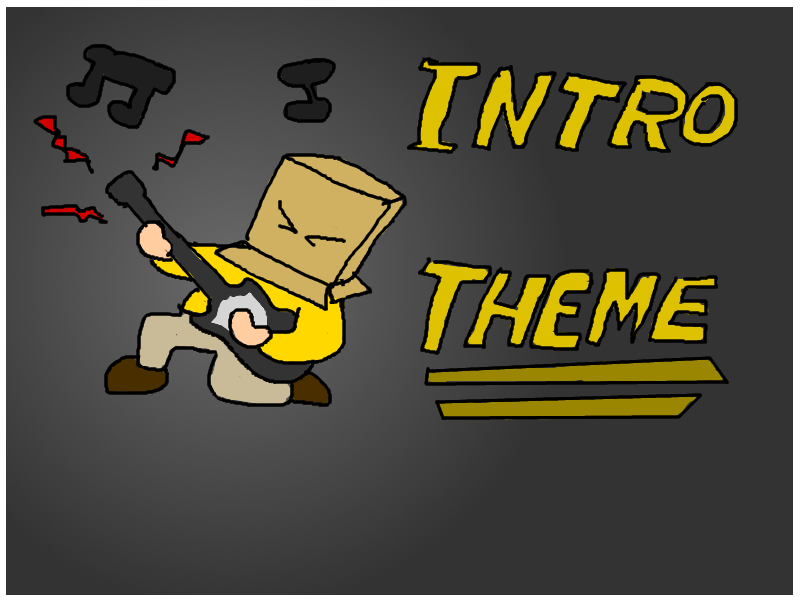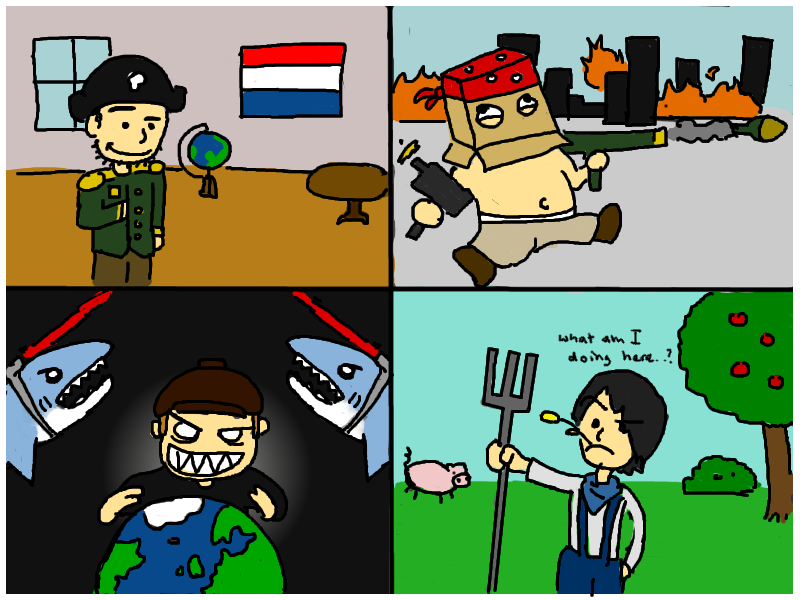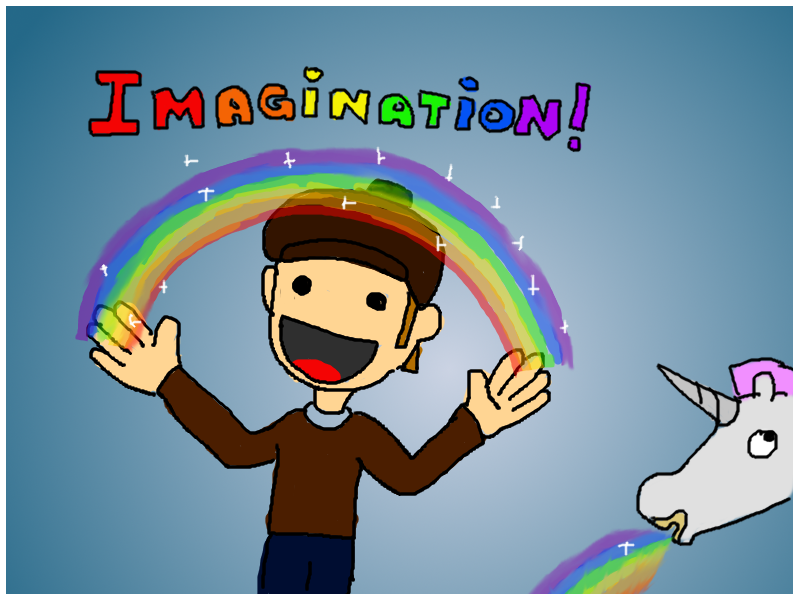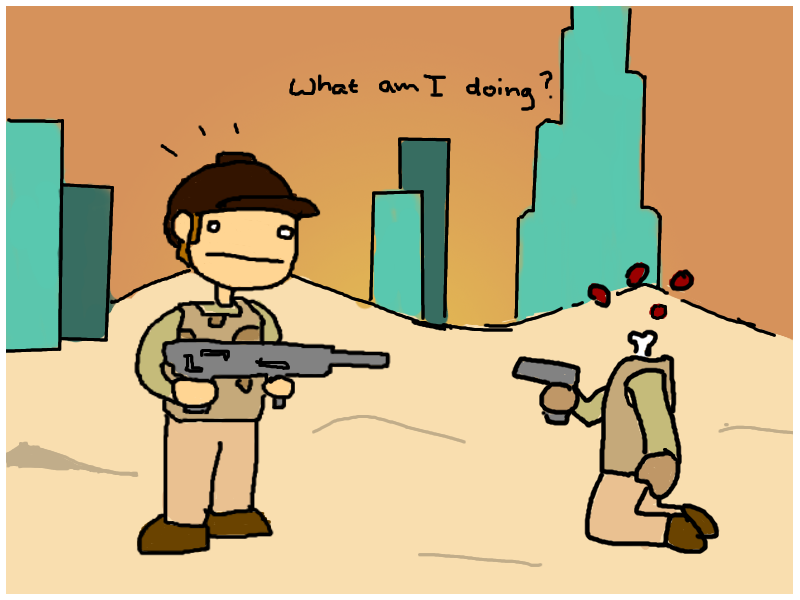Trending
Opinion: How will Project 2025 impact game developers?
The Heritage Foundation's manifesto for the possible next administration could do great harm to many, including large portions of the game development community.

Featured Blog | This community-written post highlights the best of what the game industry has to offer. Read more like it on the Game Developer Blogs or learn how to Submit Your Own Blog Post
How does the theme play a roll in the creation of a game?

Ever looked at someone playing a game, and thought:"What could possibly be fun about that?" It could be a game that hardcore gamers seem to have a grudge against, like football managers or a horse game. If you're more of a casual gamer, you're more likely to say this about hardcore games like Civilization, Call of Duty or Starcraft. You might put this difference down to a matter of taste. There is a kind game for everyone. This is true, but I think the thing that decides this is not the gameplay, but the theme. Theme can even turn games that look dull and boring on paper into blockbusting powerhouses, like Football Manager. So here are some reasons why you as a designer should absolutely care about theme! 
theme_intro
To me, the theme is the fantasy your game draws on. To clarify, here are some examples:
Civilization: Being a leader of a nation throughout the ages.
Saint's Row: Being the ultimate anarchist in a normal city.
Evil Genius: Being a James Bond movie-type evil genius!
Farmville: Be part of a farming community, and owning your own farm.

themes
This game takes hours to make progression, but you can lose half or more of that progression in 2 minutes. By default, you cannot reload to old save games.
You can walk around for hours almost thoughtlessly without doing anything fun in order to make progression.
NPC's play an important role in this game, but you can't interact with them on a personal level.
There is no clear goal.
Your most prominent actions are walking and fighting, and both hardly progress in power or possibilities.
Doesn't sound much like fun does it? It's Mount & Blade, a game that a lot a players simply loved. The theme of being a medieval lord is just fantastically well brought, and a lot of these gameplay rules described above just put emphasis on what the game should feel like. Football Manager, which is basically reading spreadsheets and watching the AI play the game, is another good example. Player look for themes that resonate with them. You are best defined by what 'bad' games you play.
How does the magic of a good theme work? It mainly works on three different but coherent levels: immersion, imagination and acceptance. It's almost self evident that a good theme allows for deeper immersion. If a player knows what to identify with, and knows how to put the gameplay rules in a certain context, it will simply help him in maintaining the suspension of disbelief. It allows the game to transform itself into a world. Obvious stuff, right? This is where imagination kicks in! 
imagination
So how should this affect your game design process? It depends, but keep in my mind that theme is not only a boost to your game, but also a powerful communication tool to give context. Since we're all up in the Spec Ops: The Line craze over here in gamemaking land, let's take a look at how they used their theme. Spec Ops has two different themes: The ridicule of shooters and PTS Syndrome. During the game it shifts theme between standard shooting and the horrors of war. The switch in context is confusing and confronting to the player, and it forces him to see things in a different perspective. This gives the game a whole new meaning. All mechanics and the narrative reinforce those themes and how they interact with each other. It's a great example of how theme can make a great difference. 
themeSpecops
Read more about:
Featured BlogsYou May Also Like